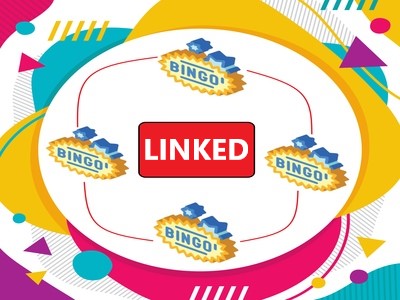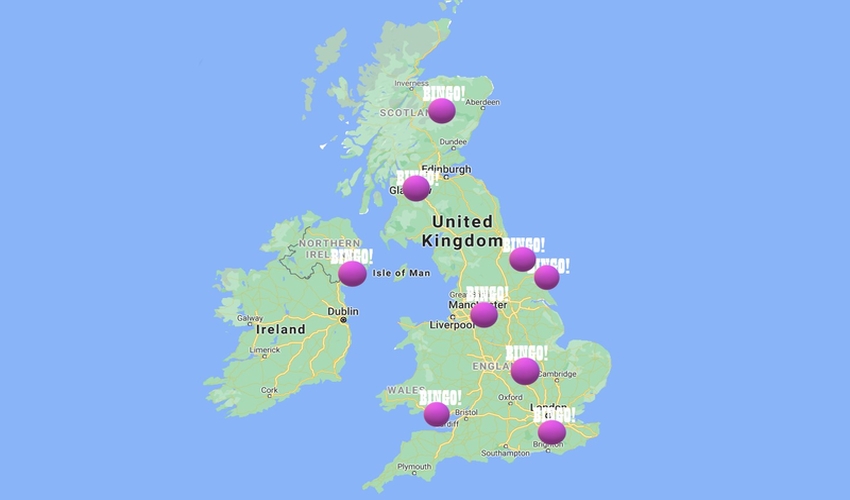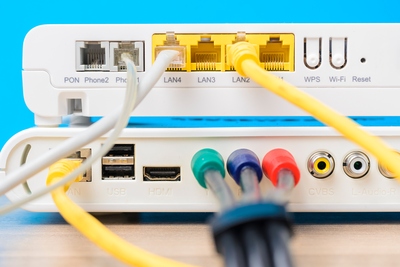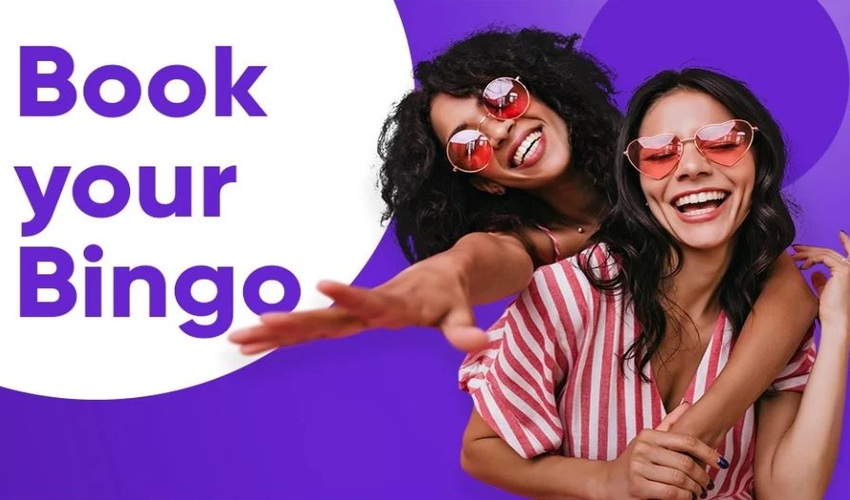 You may or may not know, that when you log on to your favourite bingo website, the bingo rooms you enter are actually available to people from lots of other sites too.
You may or may not know, that when you log on to your favourite bingo website, the bingo rooms you enter are actually available to people from lots of other sites too.
This is because the majority of websites are part of a bingo network, which means that the same game is played at potentially hundreds of different sites, so what you are seeing on your screen is the same as what someone on a different bingo site altogether will be seeing.
In this way, bingo sites can offer bigger games with bigger prizes.
There are a few different bingo networks, which is why you won’t find some games on certain sites but you will on others, but almost all sites are part of one.
There are a few exceptions, like tombola, which has always run on its’ own platform, but for the most part, bingo sites don’t have enough traffic to do this, so they use a network.
But if we leave the online world for a while and drift back into the real world, is it possible for brick and mortar bingo halls to run games in a similar way, and if so, how?
Any readers who have visited a bingo hall in the last few years will be shouting ‘YES’ at the screen, and probably thinking of the National Game.
So how does it work?
Playing Bingo With People Across the Country

In a regular game of bingo at a bingo hall, a computer has been programmed to randomly select numbers at timed intervals, and these numbers are then read out by the bingo caller before the players mark off their tickets.
Unless you are using some sort of bingo device of course, which is connected to the computer selecting the numbers via the internet, and does the job for you.
Either way, it’s nice and simple because everything is happening under one roof.
Linked bingo games, however, give you the chance to play the same game of bingo as someone in Cardiff, or Grimsby, or Edinburgh.
As we all know, the more people there are in a game of bingo the bigger the prize will be, so a linked game is often a more exciting one for those people hunting the big money.
This is all made possible using quite primitive technology by today’s standards, and has been operating in the same way for many years.
If it ain’t broke, don’t fix it, as my old Dad used to say!
Technology Linking Bingo Halls
 All that needs to happen for a linked game to take place between bingo halls, is for the same computer to call the numbers for every bingo hall, and for each hall taking part to have a way to communicate with the bingo hall running the game.
All that needs to happen for a linked game to take place between bingo halls, is for the same computer to call the numbers for every bingo hall, and for each hall taking part to have a way to communicate with the bingo hall running the game.
So, if Betty’s Bingo Hall in Birmingham was tasked with running a linked game, the caller at that club would be the person that the players at all the other halls would hear calling the game.
The computer at Betty’s bingo would be linked with those at all the other bingo halls, and this would allow the display boards at the halls around the country to show the correct numbers, and for the bingo devices to mark off the correct numbers.
This is done via the internet.
So now we have all clubs seeing and receiving the same information, but what if there is a call? How does the caller at Betty’s Bingo in Birmingham know when Carol makes a claim in Aberystwyth?
Well, all of the callers are on the line with each other, and this is also how you can hear the caller in Birmingham calling the numbers.
It’s all done using a technology called ADSL, which is a bit like being on a group phone call, except the person talking comes out of huge speakers dotted around the room.
So if there is a claim in Aberystwyth the caller there simply has to say “Call Aberystwyth” into the mic, which will be heard by every club on the line, and the caller in Birmingham who is running the game will stop the computer calling any more numbers, and check the claim is valid.
After that, they can set the computer off calling more numbers if that is what the game requires, or the game is finished and everyone can say their goodbyes and ‘put the phone down’.
Why do Bingo Halls Have Linked Games?

We love bingo, but we also love a bit of variety.
Mixing in linked games with those played at a singular location keeps things fresh and fun, it also helps to connect the bingo community as a whole.
Plus, it’s kind of interesting to hear other callers and experience their style, as well as the different accents from around the country.
Arguably most importantly though, is the fact that linked games tend to have bigger prizes because more people are playing them.
If a room full of 100 people is playing for £100, that’s lovely and everything, but when a linked game with a top prize of £50k comes along you can feel the change in the atmosphere. It’s palpable.
It also serves as a way for companies to draw people in.
The National Game is played twice a day 364 days a year and has a stonking main prize, so it is always one of the highlights of any bingo session, but there are many lesser known linked games.
As an example, Blis Linked Bingo allows smaller venues offering bingo to get in on the linked action.
You might have seen bingo offered in seaside arcades and the like, usually just on a screen and with no caller. Well, Blis Bingo allows these smaller venues with no caller to join in linked bingo games with clubs that do have a caller. As long as the club running the game has a caller, that’s all that matters – these others can just act as satellites.
At more well known clubs, like those of Mecca of Buzz for example, they could decide to do a brand wide linked game that all of their clubs could take part in, but not clubs under other brands.
This could be used as a promotional tool (exclusive to Buzz members only, sort of thing) as well as a way to boost prizes for players.
There are no rules around why a group of clubs might choose to link a game, the technology is there, and they are always popular.
